Podiumsdiskussion: Mapping the Landscape – Geisteswissenschaftliches Forschungsdatenmanagement zwischen lokalen und globalen, generischen und spezifischen Lösungen
Freitag, 10.09.2021, 11:30 – 13:00 Uhr
Videoaufzeichnung der Podiumsdiskussion
Abstract
FORGE is a conference for research data management and other research data related activities in the humanities in the German speaking areas. FORGE 2021 focuses on the research data landscape and its dimensions of local and global as well as generic and specific approaches to research data management. The research data management landscape in the German-speaking countries has been rapidly developing for the last few years and recent funding initiatives suggest that it will continue to develop in the next decade.
A well equipped research data management landscape has to address the concrete needs of a diversity of research activities in a scalable and sustainable way. The humanities display a particular diversity of methods and data types. This (sub-)disciplinary variety needs to be addressed with scalable research data management services. In this panel, we want to broaden the view and contextualize the German-speaking humanities perspective in an international and broader science landscape. The panelists come from a diverse background and can help to locate the German-speaking research data management landscape for the humanities in an international and wider scientific perspective.
The questions underlying the theme of this conference include
- How specific can services be to be still sustainable?
- How generic can services be and still address specific needs?
- How local can a landscape be, without getting too fractured?
- How centralized can a landscape be without losing contact with the individual researcher?
- How are these issues addressed in other countries?
- How are these issues addressed internationally?
In this session we want to address at least some of these questions by also looking beyond the immediate German-speaking humanities research data management structures.
Panelist*innen
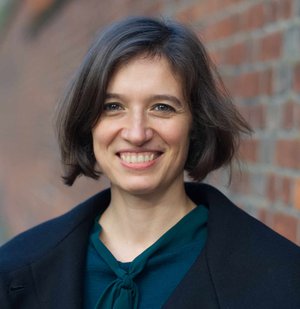
Arianna Ciula
Arianna Ciula works as Deputy Director and Senior Research Software Analyst at King’s Digital Lab. From 2009 to 2012, she was a Science Officer at the European Science Foundation (Humanities) in Strasbourg (France). Arianna has a background in Communication Sciences and Applied Computing and was awarded her PhD in Manuscript and Book Studies from the University of Siena in 2005. Her personal research interests focus on the modelling of scholarly digital resources related to primary sources.
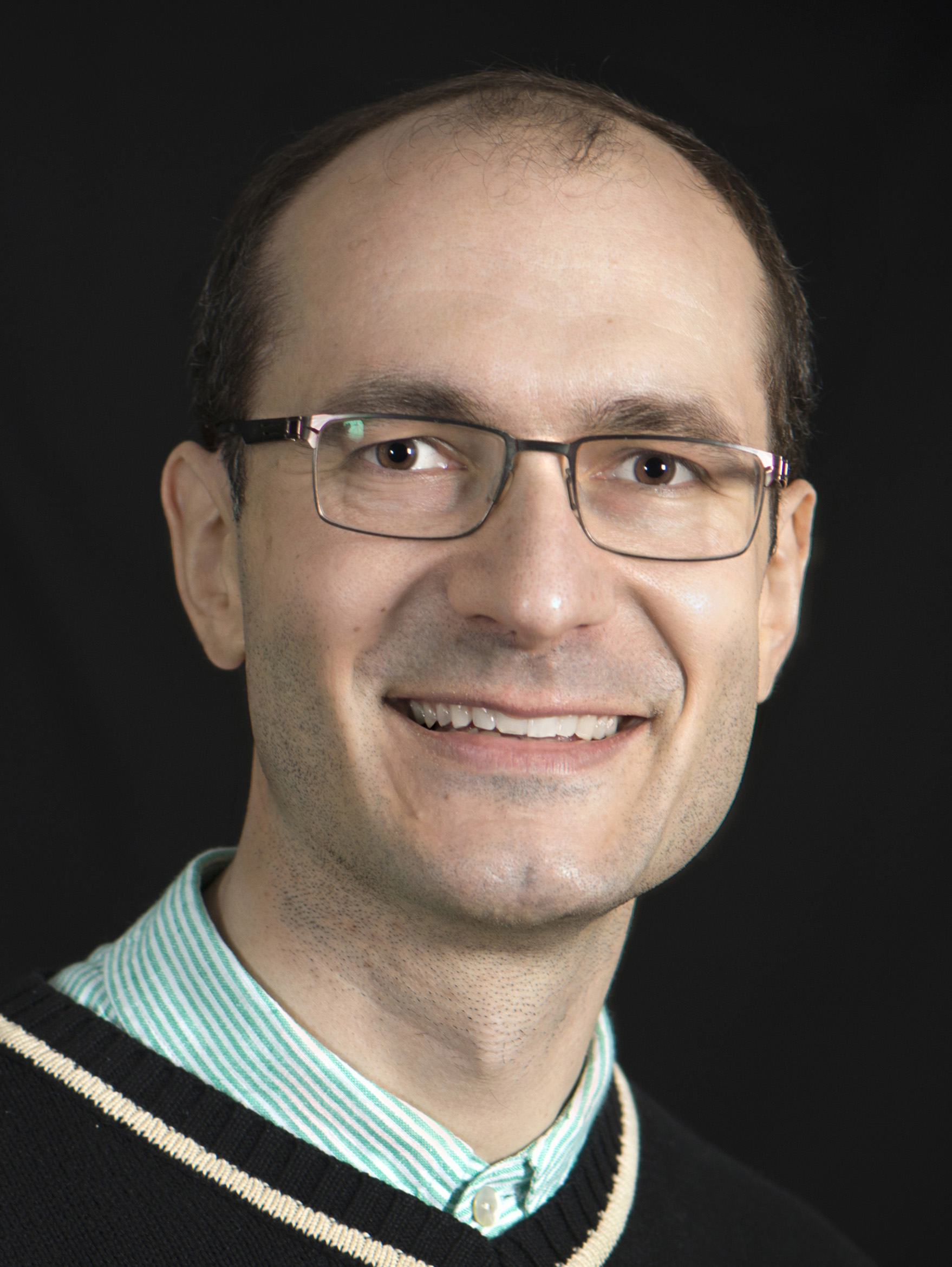
Alexis Michaud
Alexis Michaud is a researcher at the Centre National de la Recherche Scientifique (CNRS). Since 2002, he has been doing fieldwork in China, on Naxi and other languages of the Naish subgroup of Tibeto-Burman. He is a regular contributor to the Pangloss Collection, an open archive of (mostly) endangered languages (pangloss.cnrs.fr). His research interests include East/Southeast Asian languages, prosody, language documentation and conservation, experimental phonetics/phonology and historical linguistics.
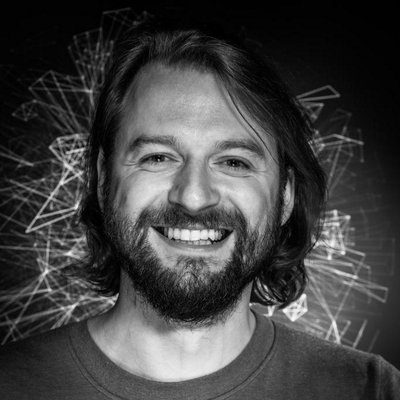
Alexander Czmiel
Alexander Czmiel is a researcher at the TELOTA-Initiative (The Electronic Life Of The Academy) at the Berlin-Brandenburg Academy of Sciences and Humanities since 2005. Since 2018 he is Head of TELOTA-IT/Digital Humanities. Additionally, he is member of the Institute for Documentology and Scholarly Editing, founding member of de-RSE e.V. -Society for Research Software Engineering and Co-Convener of the DHd-Working Group Research Software Engineering in the Digital Humanities.
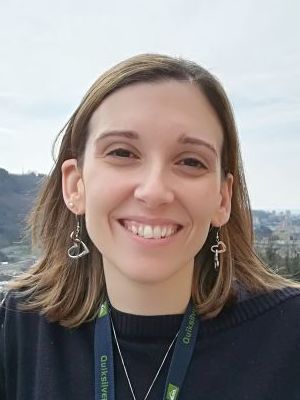
Valentina Pasquale
Valentina Pasquale works as Research Data Management Specialist at Istituto Italiano di Tecnologia (IIT), where she has been developing Research Data Services to support scientists in data management and open science. Since 2020, Valentina has been co-chair of the GO FAIR Data Stewardship Competence Centers IN. Valentina has a background in Bioengineering and holds a PhD in Humanoid Technologies from University of Genova (2010). She worked for more than 10 years in Computational Neuroscience research before specializing in data management.
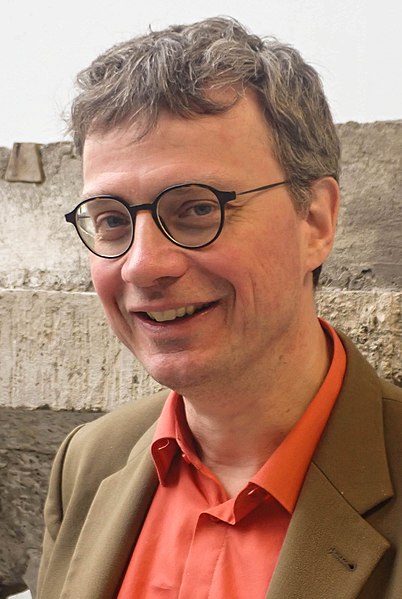
Georg Vogeler
Georg Vogeler is a trained historian with a specialisation in Historical Auxiliary Sciences – before becoming a Digital Humanist. He studied and worked at Ludwig-Maximilians-University Munich (LMU) and spend two years at the Università del Salento in Lecce. Since 2011 he works at Graz University in the Zentrum für Informationsmodellierung (ZIM), with its strong focus on digital humanities projects realised in a digital archive included infrastructure. Since 2019 he is head of the ZIM. He is founding member of the Institut für Dokumentologie und Editor (http://www.i-d-e.de), technical director the monasterium-consortium (http://www.monasterium.net) and since 2018 scientific director of the Austrian Centre for Digital Humanities at Austrian Academy of Sciences.